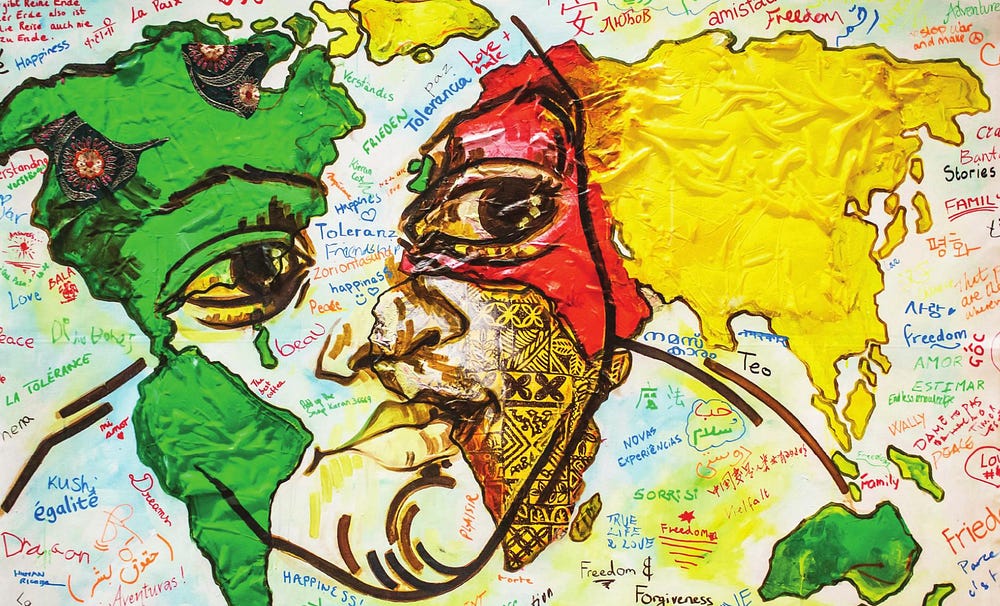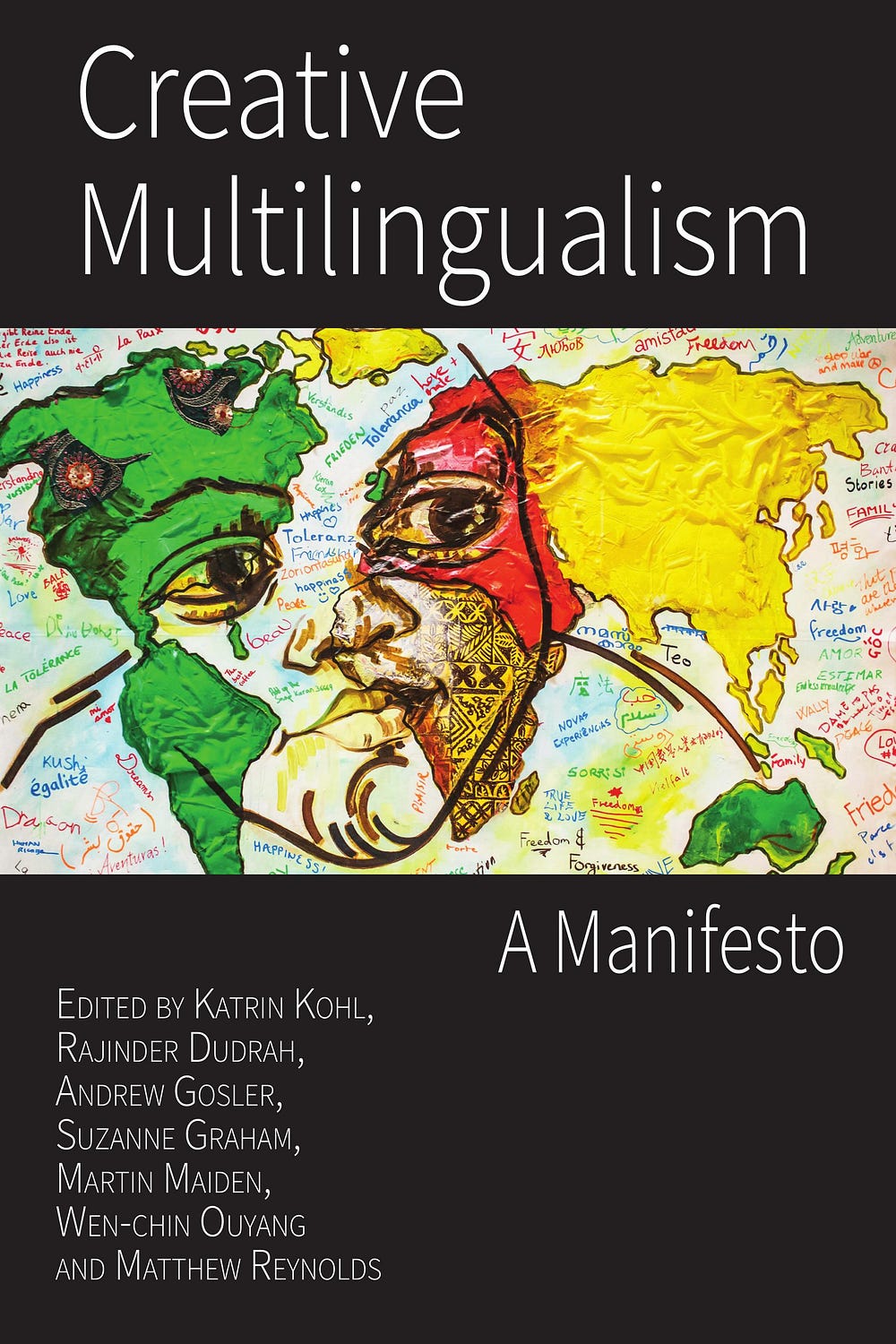
As a non-native speaker of English, do you feel others judge you unfairly? Often, this judgement of your capabilities comes from native speakers who have never bothered to learn a language. After all, English has become the global language, so why should Americans, British and other native speakers bother to speak anything else?
Before I share my review of this fascinating book, I have an admission: I am not an advanced learner of English. In fact, I’m not a student of English at all. But, I am a language learner (and teacher), which is what prompted me to share this important book with others.
This book presents research led by the University of Oxford and funded by the Arts and Humanities Research Council (UK). But don’t worry — it’s not all quantitative studies and crusty academic arguments. The central principle of the research is that Multilingualism is integral to the human condition and that a diverse linguistic world feeds our creativity.
The ten chapters examine different aspects of why this is true, all of which are backed up by peer-reviewed studies from expert linguists.
How I discovered the book
Another admission: I’m not a great reader of non-fiction (and certainly not academic studies). I prefer fiction, as I’m a short-story author and writing coach.
Last year, I was reviewing one of my client’s stories and was struck by the style of her prose. As I commented on her work, I noticed she made a few errors in grammar and word choice, but overall, I was able to recognise her unique writing voice. All of this is down to her first language — Portuguese.
My job (helping writers who have English as a second language) always throws up fascinating conundrums of word choice, and how to allow writers to pen individual but effective work in English.
My client (a Brazilian journalist and author) mentioned how this book had influenced her approach to writing in English, and a few months later, so I made a point of downloading and reading it.
The 10 principles of creative multilingualism

In the chapters of the book, the authors explore ten effects of a multilingual world:
1. It nurtures identity, thought and expression
2. Language diversity protects biodiversity
3. We become even more multilingual than we think
4. It inspires creativity in performance
5. Our languages travel and migrate
6. We translate in a creative way
7. It opens our minds further
8. Languages hold infinite potential for creativity
9. It creates connections with people
10. We create more language every day
These ideas are examined through the analysis of metaphor, the link between indigenous language and nature, a performance of a Russian play by Grime musicians, the creativity of literature, language application in the classroom, and a study on how new languages come to be.
My thoughts on the book
At times, this book can be quite heavy. Although it’s written for general readers, it is, after all, a product of academics. There are minute details that seem more important to linguistic professors than to language learners.
Still, I think there are a lot of empowering messages here for advanced English learners. It will give you the confidence that being multilingual truly is a strength (even if you make occasional errors in your writing).

That’s something it did for me. I realised I started writing seriously when I learned Spanish (2011-present). Increased interaction with different languages has allowed me to read critically, incorporate new ideas, and boost my creativity.
The book taught me that language is alive and that our interaction with words is a constantly evolving story. Language is what makes us human, and however powerful AI language learning models are, they cannot benefit from and use creativity the way the human mind does.
In order to thrive, we need to celebrate our differences and stop the death of so many languages. We are all creative and multilingual.
I believe in these ideas with all my heart. If you read the book, I believe you will be inspired to spread this message too.
Creative Multilingualism: A Manifesto is free to download via Open Book Publishers.
If you found this useful, please read his other articles and feel free to connect on LinkedIn.
